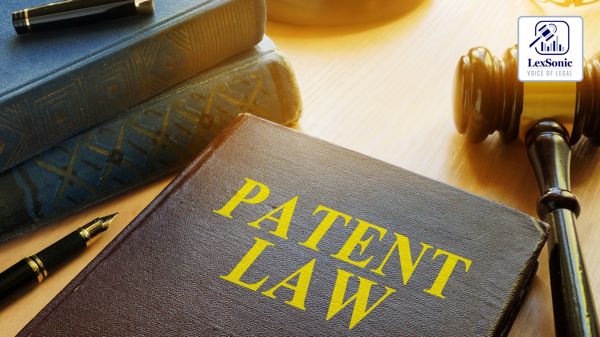Court Sets Aside Patent Rejection Due to Procedural Irregularities.
21 August 2024
Patent Laws in India >> Intellectual Property Rights
In a recent legal development of Kawakami, Shigeki & Others v/s Assistant Controller Of Patents & Designs, the High Court has set aside an order rejecting a patent application, highlighting procedural irregularities and breaches of natural justice. The case involved Patent Application No. 201817032492, filed by the appellant, which was dismissed by the Assistant Controller of Patents and Designs on November 15, 2021.
Background of the Case:
The appellant submitted their patent application on August 30, 2018, under the National Phase of the Patent Cooperation Treaty (PCT) Application No. PCT/JP2017/004049, dated February 3, 2017. The initial examination of the application led to the issuance of a First Examination Report (FER) on December 4, 2019. Following the appellant's detailed response and amended claims, a hearing notice was issued on August 20, 2020. Despite the adjournment of the initial hearing, the subsequent hearing, held on October 22, 2020, did not result in a favorable decision, leading to the rejection of the patent application in November 2021.

Legal Dispute:
The primary contention raised by the appellant was that the rejection of their patent application on the grounds of lack of novelty under Section 2(1)(j) of the Indian Patents Act, 1970, was improper. The appellant argued that this objection was not mentioned in the hearing notice. According to the appellant, the hearing notice only referenced objections related to the lack of inventive step under Section 2(1)(ja) and non-patentability under Section 3(d) of the Act.
Court’s Findings:
Upon reviewing the case, the Court found that the impugned order was flawed as it relied on an objection not previously communicated in the hearing notice. The Court emphasized that the hearing notice should have enumerated all objections to ensure the principles of natural justice were upheld. The Court referred to precedents where the failure to mention specific objections in the hearing notice was deemed a violation of natural justice, thus impacting the fairness of the proceedings.
Relevant Precedents:
The Court cited the case of Perkinelmer Health Sciences Inc. and Others v. Controller of Patents, which established that an objection raised for the first time during the hearing stage, without prior notice, breaches procedural fairness. Additionally, the Court referenced Bayer Pharm Aktiengesellschaft v. Controller General of Patents and Designs, affirming that all objections must be communicated beforehand to allow the applicant a fair opportunity to address them.
Order and Directions:
Given these findings, the Court decided to set aside the rejection order and remand the matter for fresh consideration. The Court directed the Patent Office to issue a new hearing notice that includes all objections, ensuring the appellant has the opportunity to respond adequately. The application was to be restored to its original number, and the respondent was instructed to decide on the matter within four months from the date of the new hearing.
The Court's decision underscores the importance of procedural fairness in patent adjudications, ensuring that applicants are given a fair chance to address all objections raised against their applications. The appeal was disposed of in accordance with these directives, with all rights and contentions of the parties left open for future consideration.
